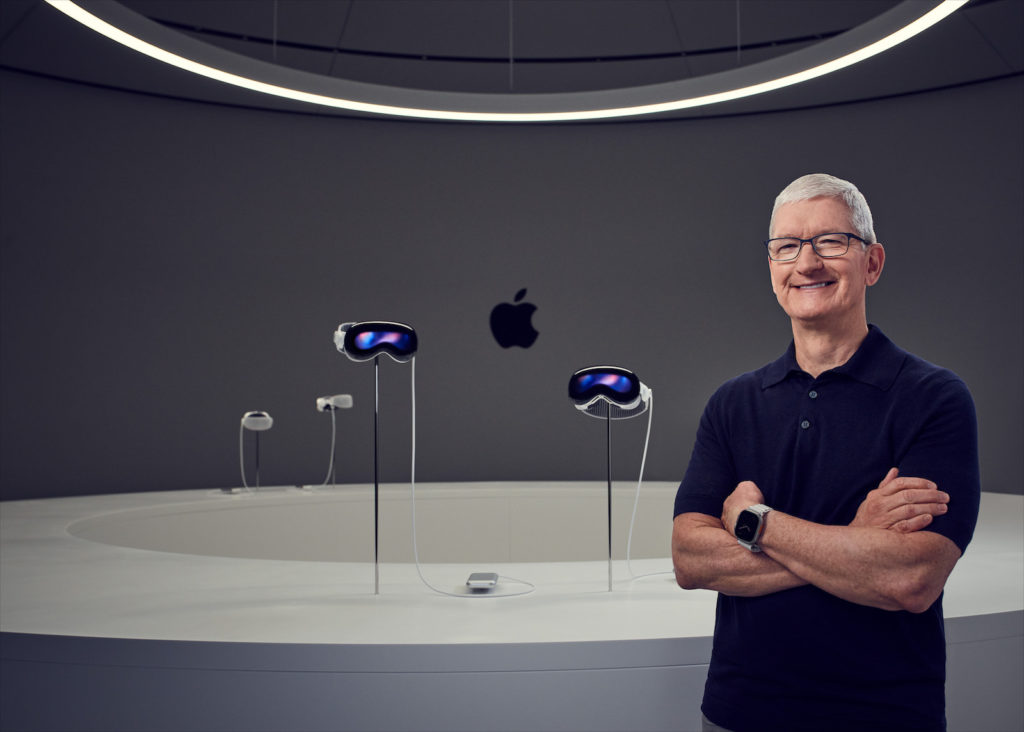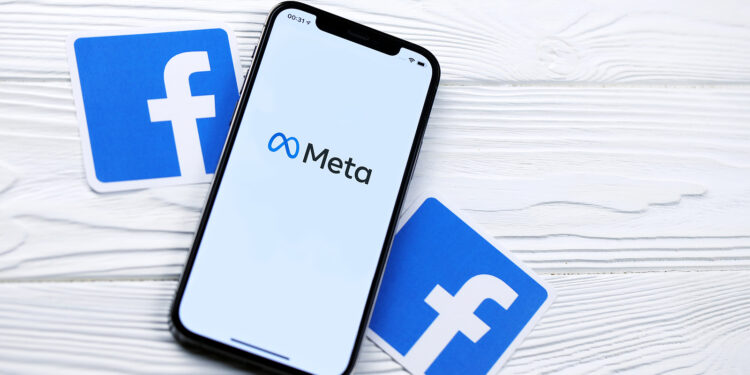The tech world is characterized by constant innovation, competition and occasional tensions between the big players. One of the most well-known rivalries is between Meta, formerly Facebook, and Apple. Recently, Meta CEO Mark Zuckerberg made headlines when he claimed in an interview with Joe Rogan that Apple had hardly produced any innovations since the launch of the iPhone. But how justified is this criticism? And what deeper conflicts between the two companies are revealed by Zuckerberg's statements?
Mark Zuckerberg and Apple have been in a rivalry for years that revolves around two main issues: innovation and data protection. In recent years, Apple has taken measures to improve the protection of user data, which makes Meta's business model significantly more difficult. Meta, on the other hand, relies on the monetization of user data and tries to continue to dominate its platforms such as Facebook, Instagram and WhatsApp. Zuckerberg's recent statements are not only an expression of his opinion of Apple's innovative power but also a reflection of the ongoing tensions between the two companies. The interview with Joe Rogan gave him a platform to express both his criticism and his views on the tech industry - and provided plenty of material for discussion.
Zuckerberg's criticism of Apple's innovative power
Mark Zuckerberg criticized in conversation with Joe Rogan, he said that Apple has not made any groundbreaking innovations since the launch of the iPhone in 2007. The iPhone is a great product, he admitted, but he felt that Apple was resting on its laurels. At the same time, he tried to portray Meta as the more innovative company that was breaking new ground - a claim that must be viewed critically.
Point of contention: The "Apple Tax"
The so-called "Apple Tax" plays a central role in the criticism. Apple charges developers in the App Store a commission of up to 30 percent for sales generated via the platform. Zuckerberg sees this as a hindrance for companies like Meta that rely on app-based services. He argued that Meta could double its profits without these fees. This point has been a point of contention between the two companies for years and Meta has tried to circumvent these regulations in the past, for example by using external links for payments outside the App Store.
Comparison: Vision Pro and Meta Quest
Another aspect of Zuckerberg's criticism revolved around hardware innovations, comparing Apple's Vision Pro, a high-end headset, to Meta's own products such as the Quest series. Zuckerberg called the Vision Pro overpriced and less suitable for interactions and gaming, but praised its high-resolution screen for movies. However, he ignored the fact that Apple's Vision Pro is aimed at productivity and work applications - an area where Meta's headsets are less competitive.

Data protection as a central conflict
A particularly sensitive point between Meta and Apple is data protection. In recent years, Apple has introduced measures that give users more control over their data. These include, for example, the ability to block tracking by apps and new data protection guidelines in iOS updates. For Meta, whose business model is based on the use and monetization of user data, these changes are a massive obstacle. Zuckerberg sees this as a targeted measure to hinder Meta's business, while Apple presents it as progress in the interests of users.
Contradictions in Zuckerberg's criticism
While Zuckerberg accuses Apple of a lack of innovation, Meta itself is often criticized for copying successful ideas from other platforms. Examples include Instagram Stories, a clear adaptation of Snapchat, and Instagram Reels, which integrate TikTok-like features. Threads, Meta's answer to Twitter (now X), also shows that the company often jumps on existing trends instead of setting new standards itself.
Political Dimensions of the Conflict
The interview with Joe Rogan also revealed a political dimension to Meta's recent decisions. Zuckerberg explained that Meta has abandoned its fact-checking and now allows hate speech on its platforms in order to give more space to free expression. These decisions have been met with fierce criticism as they are interpreted as a concession to conservative circles and in particular to former US President Donald Trump. Apple has also made political decisions in the past, but with less controversial measures.
Data privacy versus data monetization: The central divide between Meta and Apple
The tensions between Meta and Apple are an expression of fundamentally different business models and corporate values. While Apple relies on data protection and exclusive technologies, Meta pursues a strategy based on maximum user loyalty and data monetization. Mark Zuckerberg's criticism of Apple may be justified in some respects, but it also distracts from Meta's own problems - in particular the accusations of a lack of innovation and the deliberate copying of successful ideas from other companies. The rivalry between the two companies will probably continue to shape the tech world in the future. For users, the question remains which business model they prefer in the long term: a more protected and controlled ecosystem like Apple's or an open, data-driven platform like Meta's. The conflict clearly shows that the future of technology depends not only on innovation but also on ethical and strategic decisions. (Photo by Mehaniq / Bigstockphoto)
- Apple's Annual General Meeting: Tim Cook, DEI & more in focus
- Siri and data protection: How Apple protects your privacy





